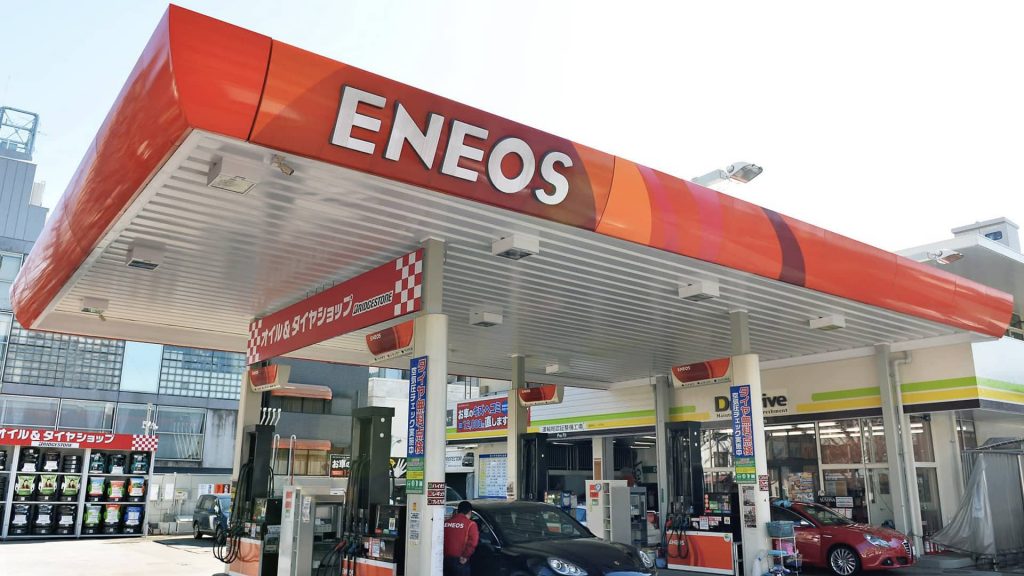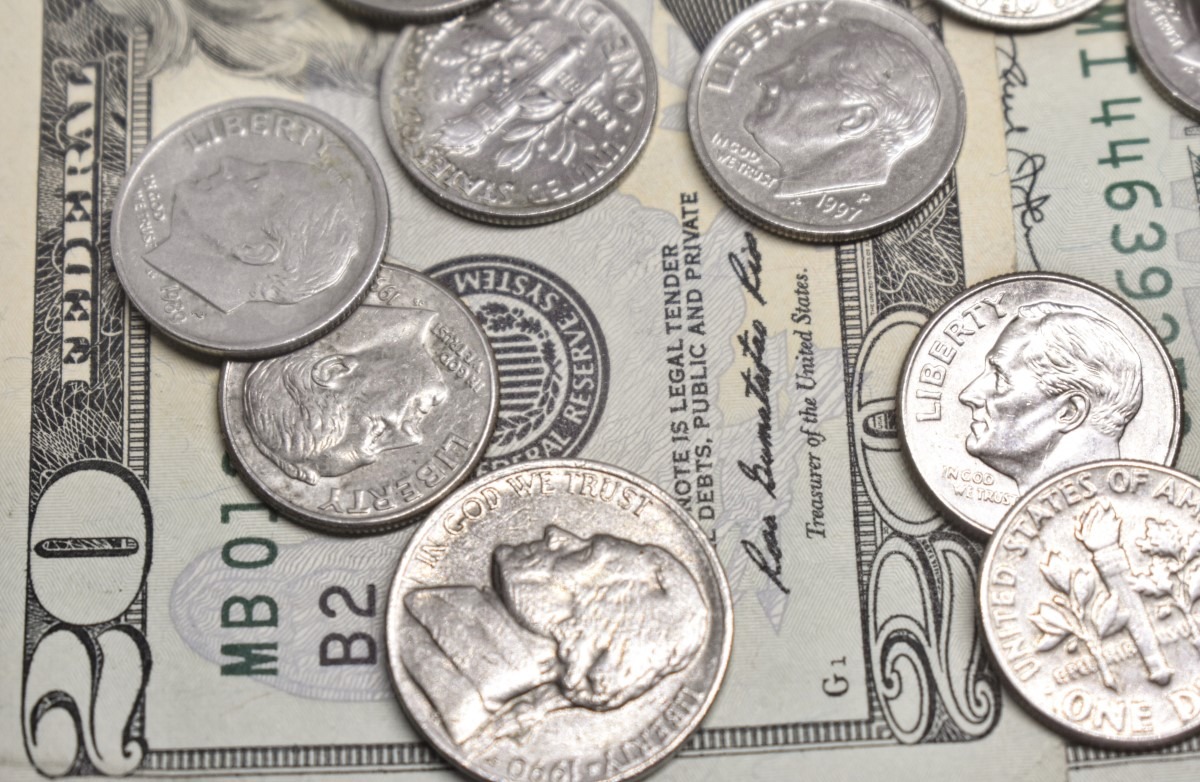As local demand for oil declines due to a shrinking population and efforts to cut pollution, Japan’s top oil refiner is preparing consolidation plans. In April, the Tokyo-based firm was handed over to President Takeshi Saito. He said in an interview that Eneos Holdings Inc has a plan for combining operations, but it is still deciding which of its refineries to shut down. By 2040, Eneos expects domestic fuel demand to fall by half. It has announced that one of its 10 refineries will be closed next year.
As efforts to reduce carbon dioxide emissions target diesel and gasoline-powered vehicles while electric cars become more prevalent, the 60-year-old faces the same problems as many of his contemporaries around the globe. In Japan, the consequences of a declining population, further dampening fuel demand in the world’s third-largest economy, are exacerbated.
According to the trade ministry, Japanese demand for oil products will likely fall 7.1% between fiscal 2021 and 2026. In January, Eneos announced that its 127,500 barrel-per-day facility in Wakayama prefecture would close in October 2023. The plant roughly provides half of the requirement.
Eneos reaches for carbon neutrality
Last year, Eneos agreed to buy a renewable energy firm in order to reach carbon neutrality by fiscal 2050. It previously reported that by the end of March 2023, it aims to spend 400 billion yen ($2.8 billion) on renewable energy.
The worldwide supply of oil products has tightened as a result of the war in Ukraine. Additionally, producers are attempting to maximize capacity. On the back of strong export margins, Japanese refiners are increasing utilization rates. Thanh Ha Pham is the Jefferies analyst. According to him, the reopening following Covid lockdowns in the area may boost the firms.
Eneos, on the other hand, must concentrate on local demand. According to Saito, the main challenge is the location of its refineries in Japan rather than on constructing export infrastructure.
The company’s oil and gas exploration and production and metals industries benefit from a weak yen. The weak yen, however, weighs heavily on domestic prices and demand for oil products.
















